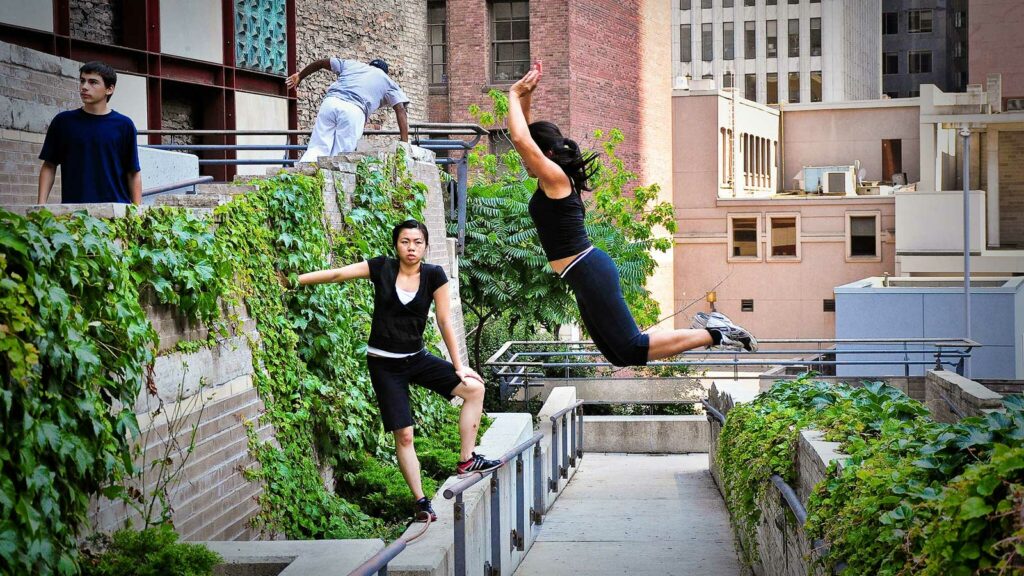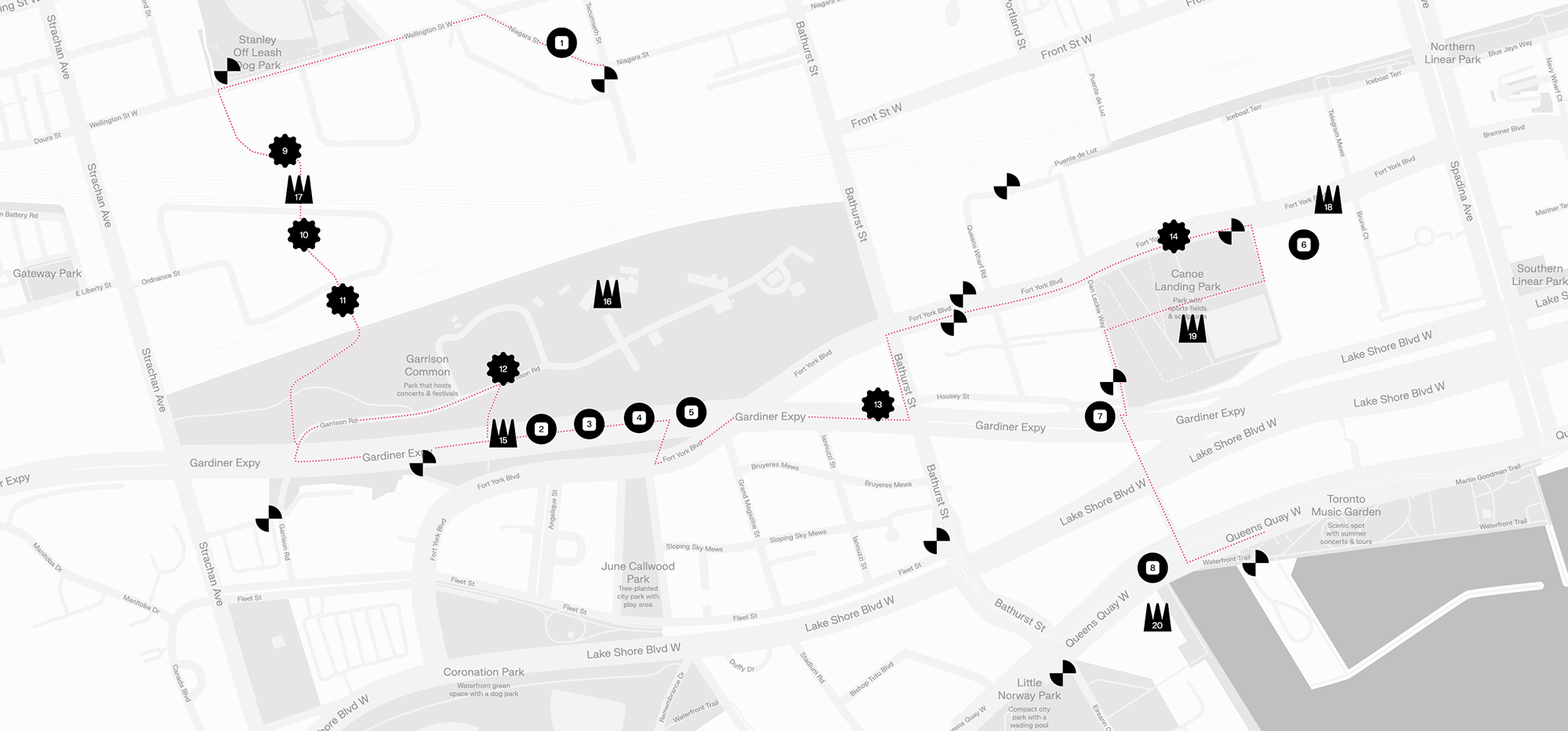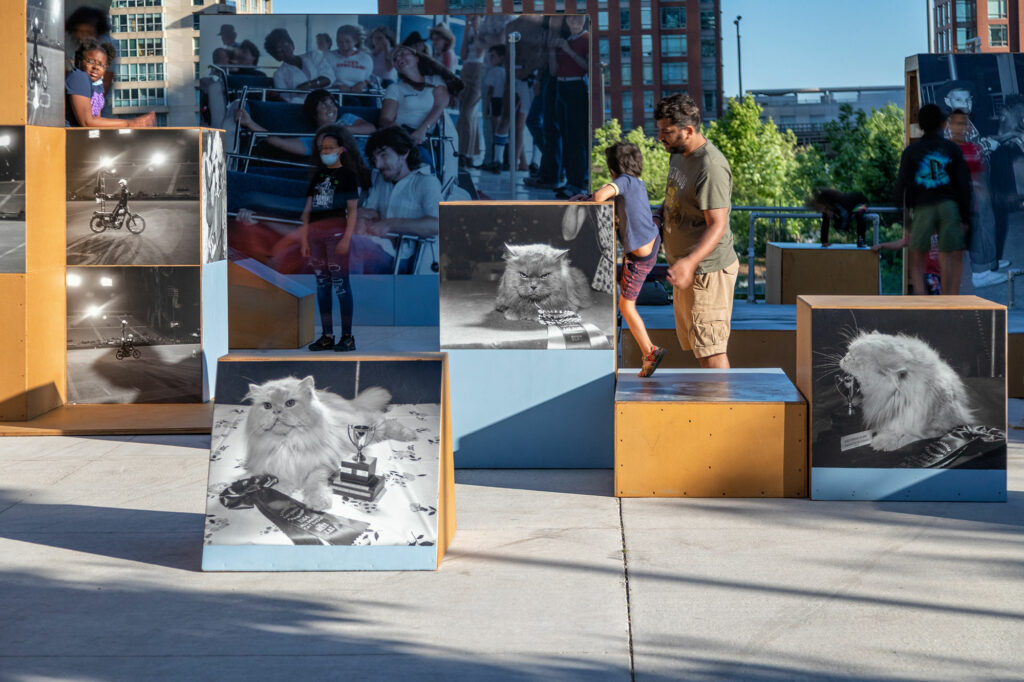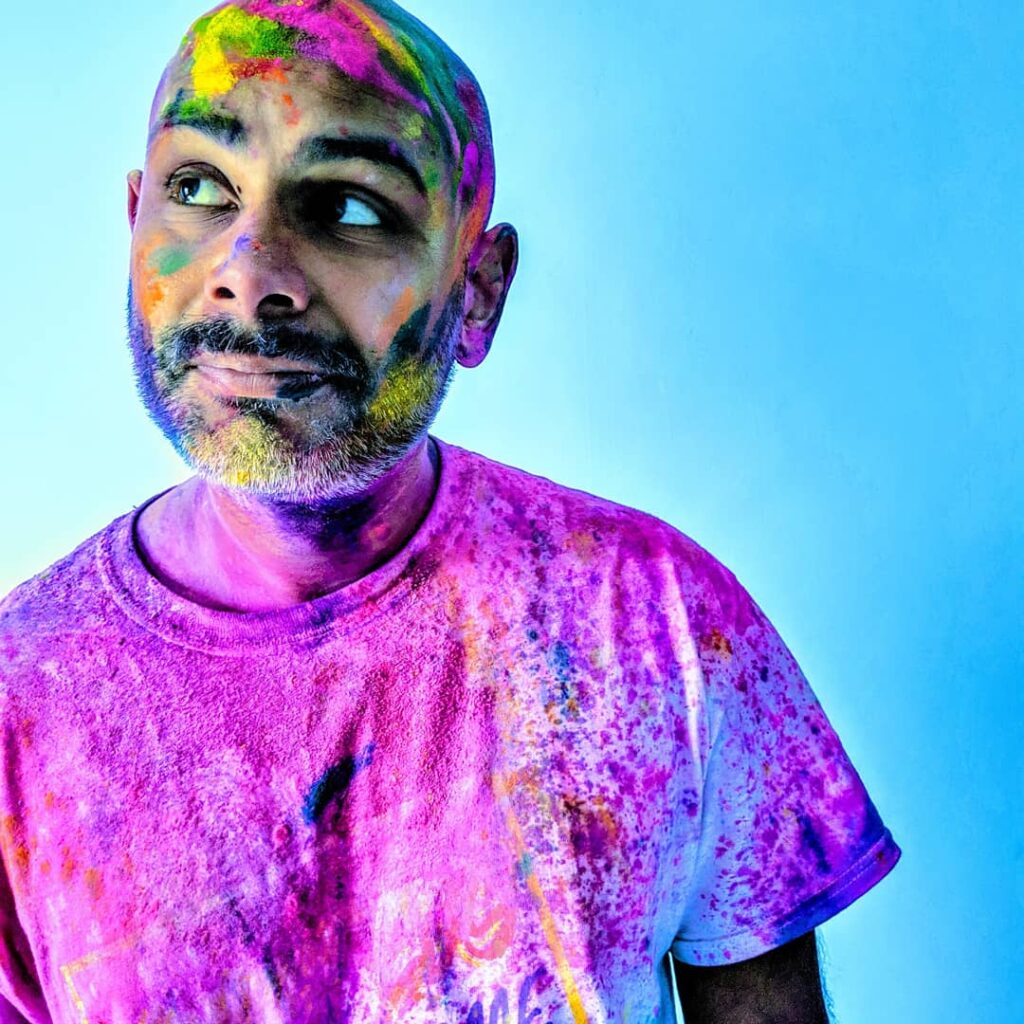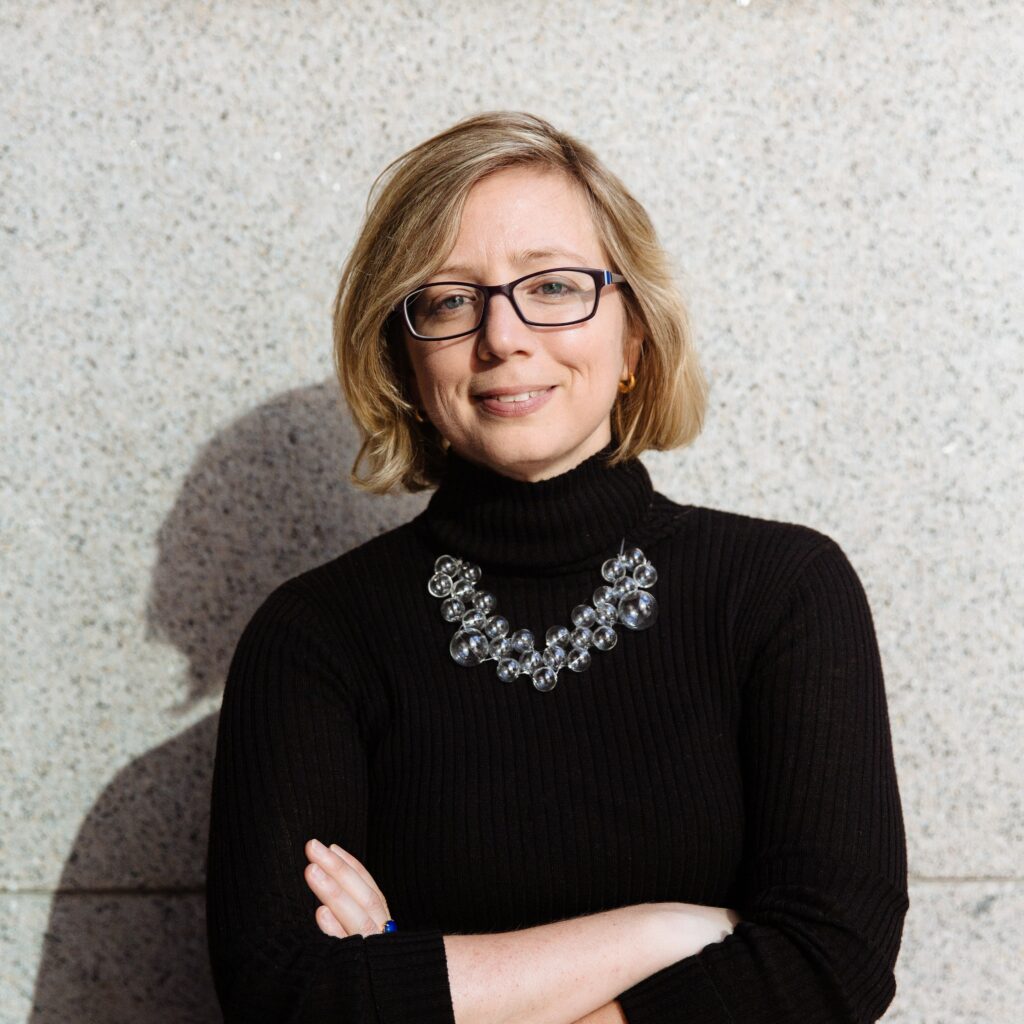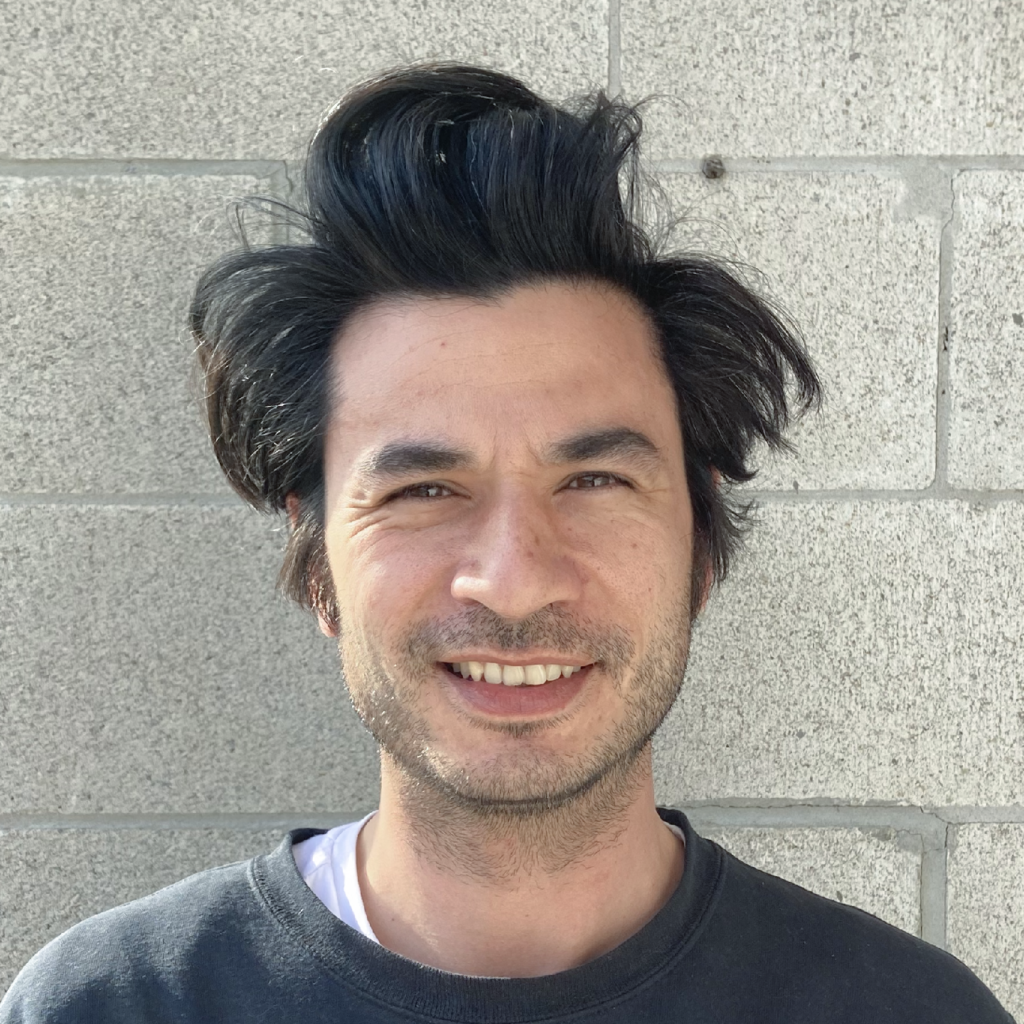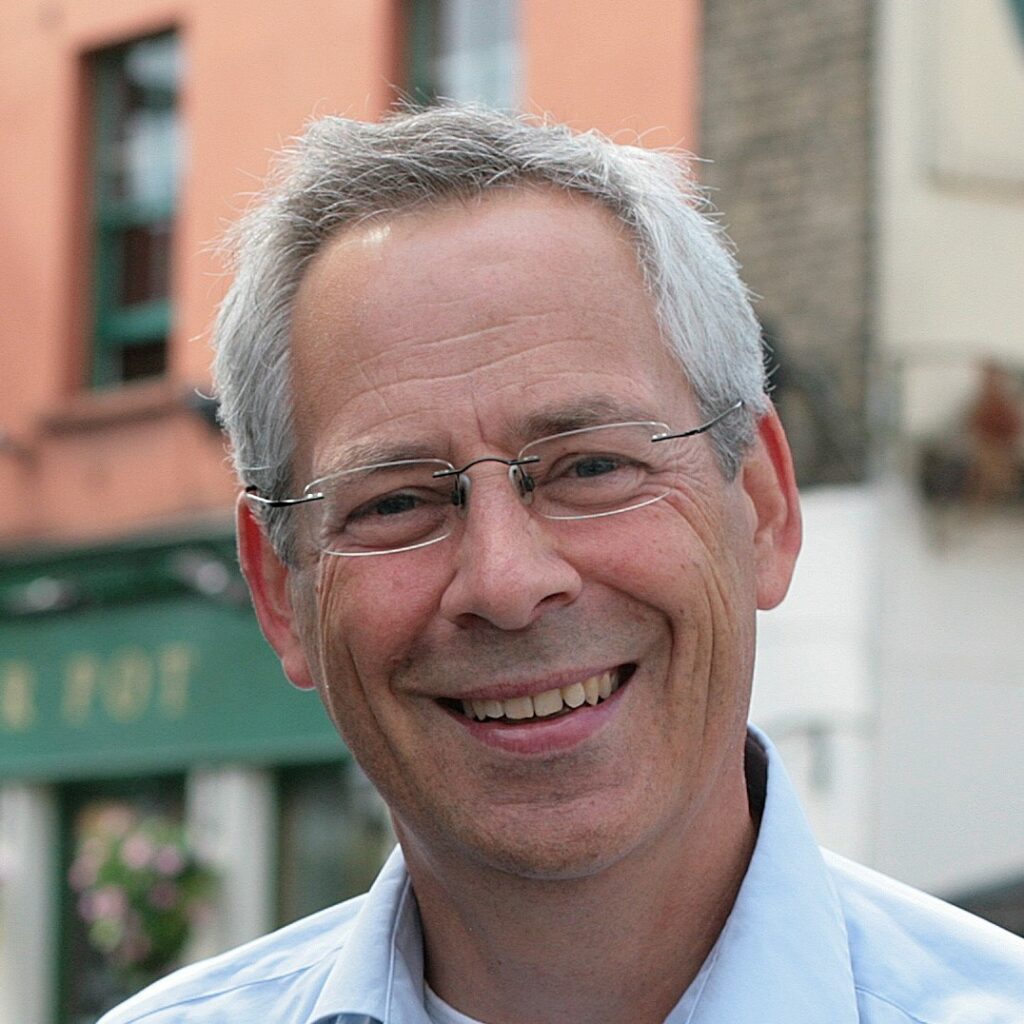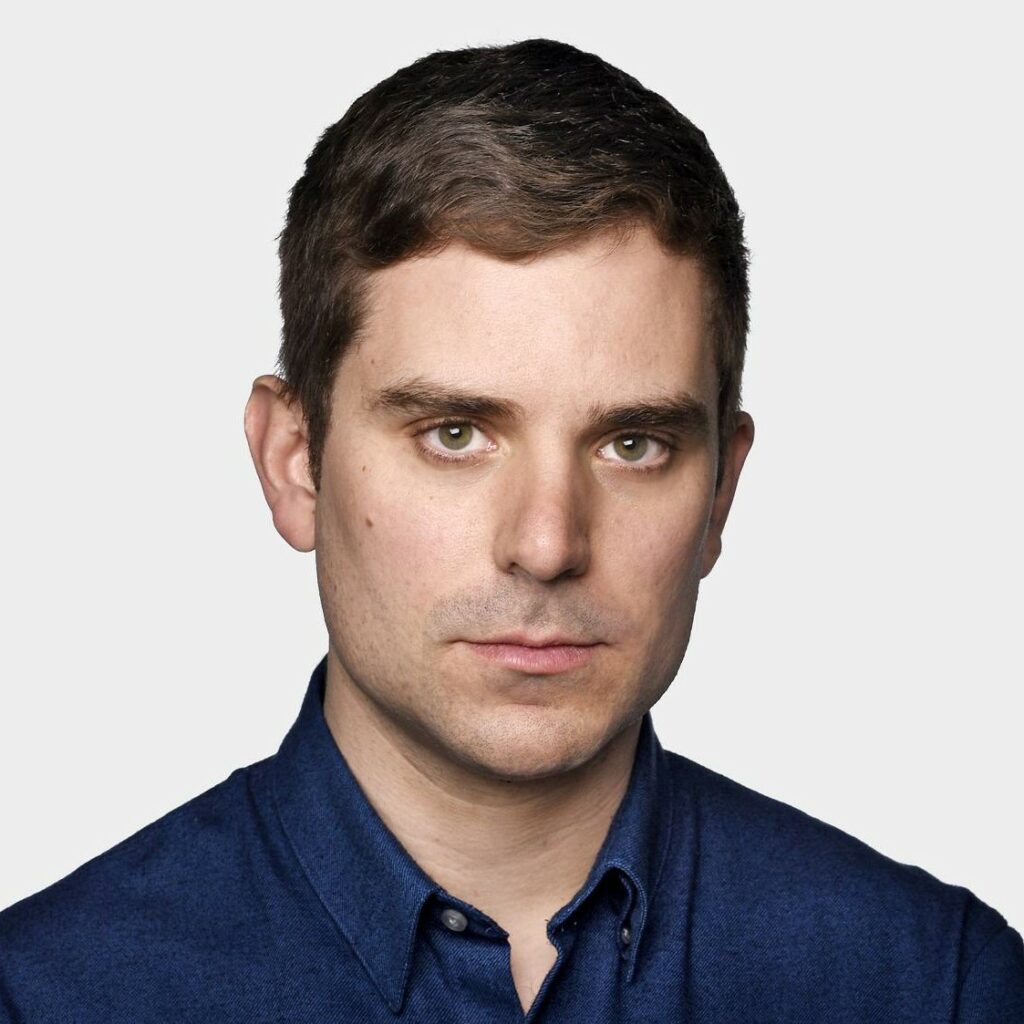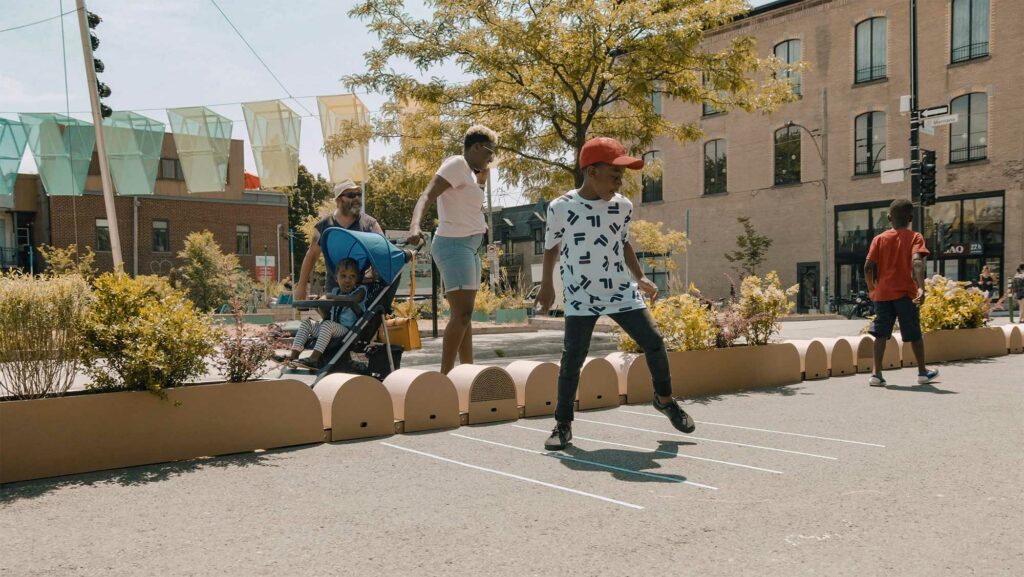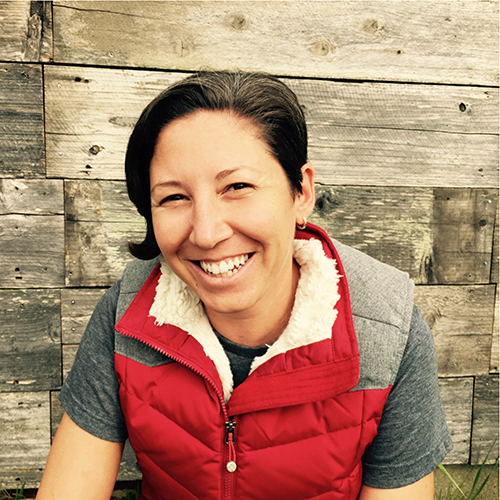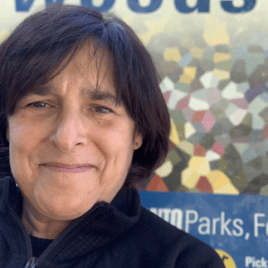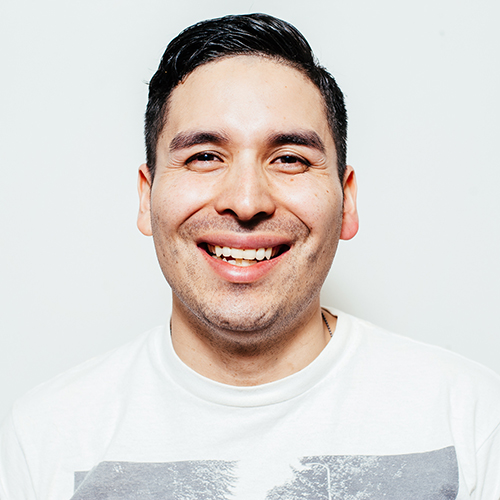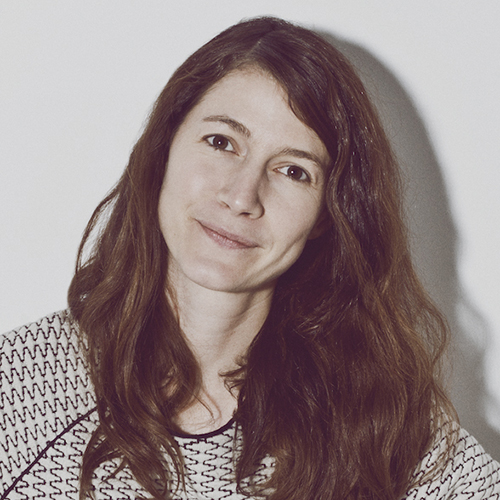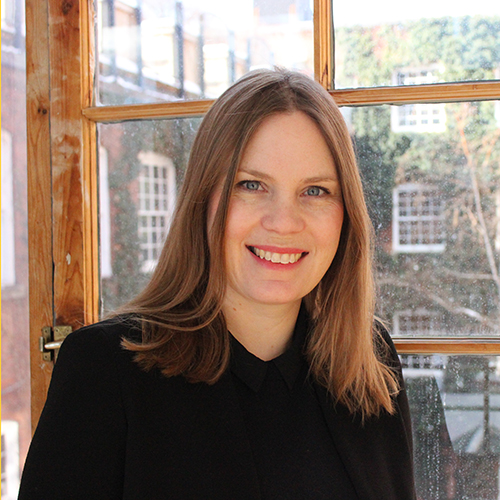
A State of Play for the City
As observers or participants, we often associate play with the wildness and abandon of children, perhaps evoking shrieking, swinging, climbing, sliding, jumping, chasing, hiding, or impromptu silliness. This beautiful pandemonium is incredibly effective for shaping life skills (for adults too). Play is self-directed learning in action—inspiring freedom and building up negotiation prowess while boosting mental and physical health.
As we acknowledge play’s critical role in shaping childhood, and its possibilities to enhance our adulthoods, the need to make our cities more play-friendly becomes more evident— the concept of play can and should be more expansive. Play has a magic power to energize a wide audience, create new habits, and prompt conversations between people of different ages and abilities, stimulating collaboration, tying new knots in the social fabric, and creating community cohesion.
Play Provocations is an exploration of how to expand the definition of play, both who it is for and what it can do.

